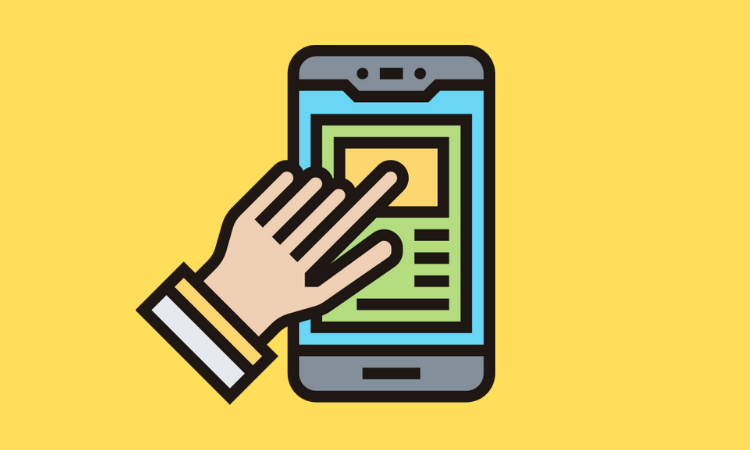The Customer Effect
Americans carry more debt and turn to mobile banking in the face of the pandemic
- Americans turn to digital solutions as they hunker down in the face of COVID-19.
- They're responding by increasing emergency funds and not paying down credit card debt.








